That observation, by RBC Capital Markets analyst Mike Abramsky, was made in response to Gartner's presentation, which estimated that 40 percent of organizations already support employee owned mobile devices.
Gartner called the trend toward "bring your own devices" as an "unstoppable train coming down the tracks," noting that "C-level executives" have opened the door to employee-owned mobile devices and that younger employees "prefer consumer technologies like iPhones and iPads over enterprise-provided alternatives."
On the flip side, organizations are quickly moving to adopt consumer choices as it helps shift Information Technology costs, including hardware, support and service, to users.
iPhone, iPad seeing the most uptake
Gartner reports that Apple's iOS devices are benefiting the most from the trend toward "bring your own devices," pointing out, as Abramsky reports, "Apple's proprietary model is more enterprise-friendly than Android, given its simplicity (two models — iPhone and iPad), security and manageability features, and platform stability, vs. Android's device fragmentation and missing security features."
Sales, marketing, education, healthcare and retail are seeing the most rapid adoption of consumer selected mobile devices, while the presentation noted that high-security environments are not well suited for "bring your own device" policies, and that poor implementations of the practice could be chaotic for IT departments.
Apple enters the enterprise carried by employees
Apple's Steve Jobs observed several years ago that his company was targeting consumers because as a market, they were open to new options, while the enterprise market sat behind a small number of gatekeeper decision makers that made it very difficult to Apple to sell its products.
Apple has increasingly focused its efforts on mobile devices and has worked to make them attractive to enterprise users, particularly since the release of iOS 2.0, which added support for Exchange Server and other popular corporate protocols.
Apple has since worked to make both iOS and Mac OS X Lion attractive to corporate customers, recently adding new profile-based system management to Lion, for example, as well as contracting with Unisys to sell Macs and iOS devices to corporations and government agencies.
On the other hand, Apple has shifted away from efforts to sell Xserve and Xserve RAID hardware, and has turned its Mac OS X Server product from a general purpose, $1000 per copy server OS into a $50 Mac App Store download.
 Daniel Eran Dilger
Daniel Eran Dilger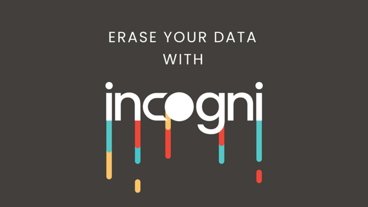
-m.jpg)





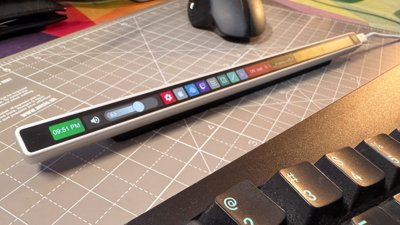
 Malcolm Owen
Malcolm Owen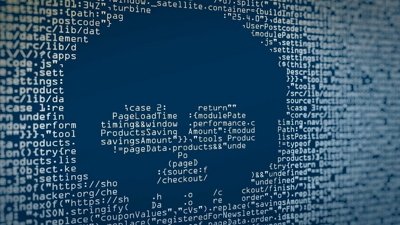
 Charles Martin
Charles Martin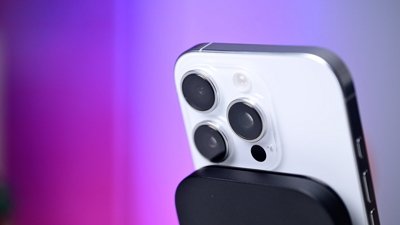
 Andrew O'Hara
Andrew O'Hara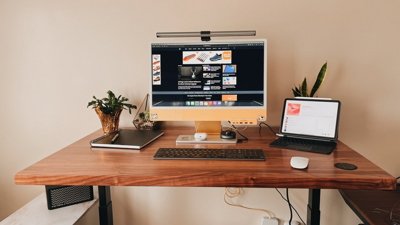
 Amber Neely
Amber Neely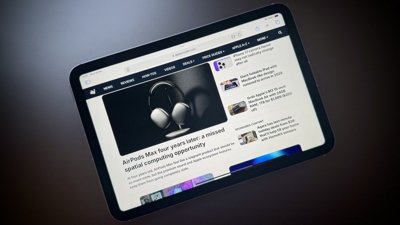
 Oliver Haslam
Oliver Haslam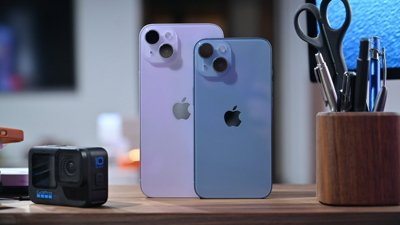
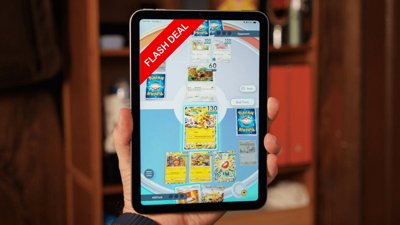
 Christine McKee
Christine McKee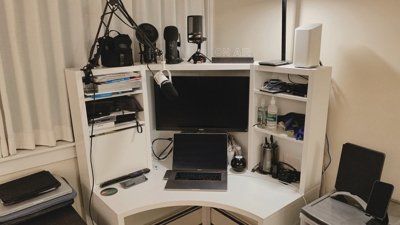
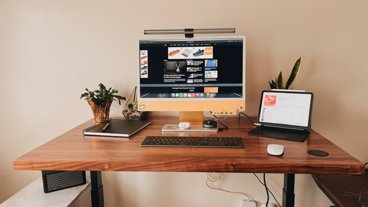
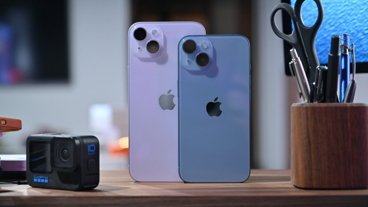
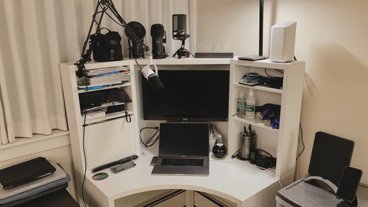



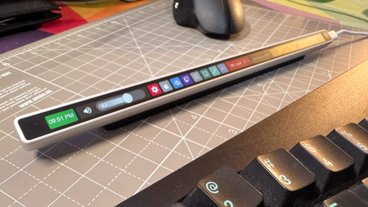
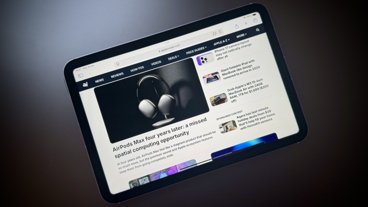


34 Comments
Apple iOS devices: An "unstoppable train coming down the tracks"

Android / webOS / QNX / Bada / WP7 / W8: A massive train wreck.
iPhone and iPad halo in the huzzie. Next will be tens of thousands of MacBook Airs being brought in by employees. By the time Windows 8 gets to consumers and the enterprise late next year, Apple should have a pretty tight connection with consumers and businesses everywhere.
Who wrote the headline? It misreports what was said.
The headline may as well have been "Employee Owned Android Phones an 'Unstoppable Train" in the Enterprise".
That would have been no more inaccurate (and no more accurate) than the AI headline.
Who wrote the headline? It misreports what was said.
The headline may as well have been "Employee Owned Android Phones an 'Unstoppable Train" in the Enterprise".
That would have been no more inaccurate (and no more accurate) than the AI headline.
What was said, as you quoted, does at least mention iPad and iPhone?and only iPad and iPhone. So a headline about Android would not be equally accurate.
What was said, as you quoted, does at least mention iPad and iPhone?and only iPad and iPhone. So a headline about Android would not be equally accurate.
What was "mentioned" were consumer technologies. But the mere mention does not justify the transposition...Heck. Why am I arguing about this?
Believe that a mention in a different context makes the headline "more accurate", and that accuracy is a sliding scale, or whatever you wish.